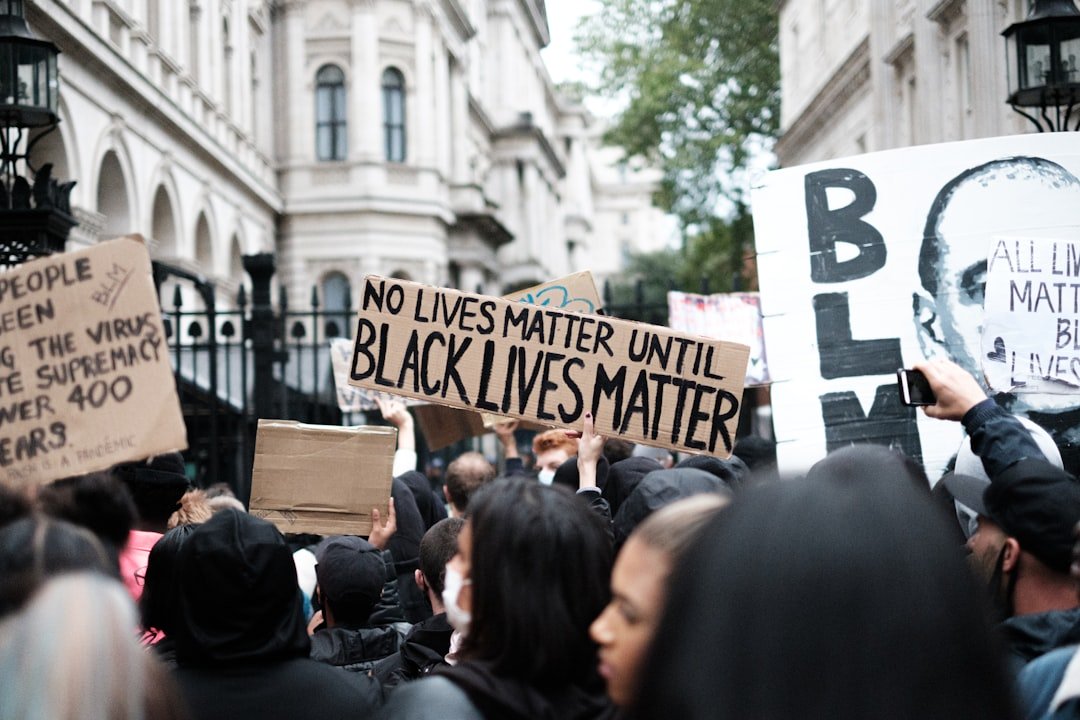
Ever feel like you're talking past someone instead of to them? I know I have. There were times, especially when I was deep in my own struggles with things like binge eating and feeling utterly stuck, that truly understanding another person felt like a mountain I just couldn't climb. It's easy to get wrapped up in our own worlds. But learning to connect with others on a deeper level, to really feel with them, has changed everything for me. It's about empathy. And it's something we can all get better at.
Empathy isn't about agreeing with everyone or fixing their problems. It's simpler. It's about trying to understand how someone else feels and seeing things from their point of view. Think of it as putting on their glasses for a moment. When we do this, our relationships get stronger. Our conversations become more meaningful. And honestly, the world just feels a little kinder.
Growing your empathy isn't an overnight thing. It’s a skill you build with practice, like anything else worthwhile. But the good news is, there are simple, everyday things we can do. Here are ten ways that have helped me, and I hope they can help you too.
1. Truly Listen, Don't Just Wait to Talk
This one sounds obvious, right? But how often are we really listening, versus just waiting for our turn to speak or thinking about our reply? When I was battling my unhealthy habits, like endless gaming and overeating, I was so focused on my own discomfort. I wasn't a great listener. Learning to quiet my own mental chatter and truly hear someone else—their words, their tone, the pauses—was a game-changer. It helped me connect with people again, and honestly, it helped me understand myself better too.
- Try this: Next time someone is talking, make it your goal to just listen. Don't interrupt. Don't plan your response. Just absorb what they're saying.
2. Imagine Walking in Their Shoes
This is the classic empathy exercise. Before you react or judge, take a moment. Try to imagine yourself in the other person's situation. What might they be feeling? What pressures are they under? Losing over 110 pounds was incredibly tough. It taught me so much about long-term struggle, setbacks, and the quiet determination it takes to change your life. Now, when I see someone else facing a big challenge, I can tap into that memory. It helps me feel a fraction of what they might be going through, even if our battles are different.
3. Ask Questions That Go Deeper
Surface-level chat is fine sometimes. But to really understand someone, you need to go a bit deeper. Instead of "yes" or "no" questions, try open-ended ones.
- Instead of: "Are you okay?"
- Try: "How are you feeling about all this?" or "What's that been like for you?"
These kinds of questions invite people to share more of their story and their heart.
4. Step Into Other Worlds Through Stories
Books, movies, even well-told personal accounts can be amazing empathy builders. When you get lost in a story, you're experiencing life through someone else's eyes. You feel their joys, their sorrows, their struggles. This isn't about escaping reality. It's about expanding your understanding of it. Pick stories with characters different from you. It’s a powerful way to broaden your perspective.
5. Notice What's Not Being Said
So much of communication isn't in the words themselves. It's in the tone of voice, the body language, the facial expressions. Is their smile genuine or forced? Are they making eye contact? Do their words match their energy? Paying attention to these non-verbal cues can give you big clues about how someone is truly feeling, even if they're saying "I'm fine."
6. Gently Question Your Own Assumptions
We all make snap judgments. It's human. But these assumptions can be empathy blockers. When you find yourself thinking "They're just lazy" or "They're overreacting," pause. Ask yourself: "Is that definitely true? Is there another way to see this? What might I be missing?" Being willing to challenge our own biases opens us up to understanding others better.
7. Share a Bit of Your Own Story (When it Feels Right)
Empathy is a two-way street. Sometimes, sharing a relevant part of your own experience can help someone else feel understood and less alone. It’s not about making it all about you. It's about saying, "Hey, I get it. I've felt something similar." When I share about my journey overcoming bad habits or my struggles with finding balance, it often helps others open up about their own challenges. Vulnerability can build bridges.
8. Give People Grace and Time
Understanding doesn't always happen instantly. Sometimes people need time to process their feelings or to trust you enough to share them. My journey in faith, trying to grow closer to God, has really opened my eyes to the importance of grace. We're all imperfect. We all make mistakes and have off days. Remembering this helps me offer patience and understanding to others, just as I hope for it myself. Don't rush them or yourself.
9. Find the "Us" in "Them"
It's easy to focus on how different we are from others, especially if we disagree with them. But try looking for common ground. What shared human experiences connect you? Maybe it's the desire for happiness, the fear of loss, or the love for family. Finding that shared humanity, even with someone who seems worlds apart, is a powerful step towards empathy.
10. Look Back and Learn from Your Chats
After an important conversation, take a few minutes to reflect. How did it go? Did you feel you understood the other person? Did they feel heard? What could you have done differently to be more empathetic? This isn't about beating yourself up. It's about learning and growing. Each interaction is a chance to practice.
Building empathy is a journey, not a destination. It’s about making small, consistent efforts. It's made a huge difference in my life, helping me build stronger connections and find more meaning in my interactions. And I believe it can do the same for you.
So, what's one small thing you can do this week to stretch your empathy muscle? Maybe it's truly listening to a friend without interrupting, or consciously trying to understand a colleague's point of view, even if it's different from yours. Give it a try. You might be surprised by what you discover about others, and about yourself.





